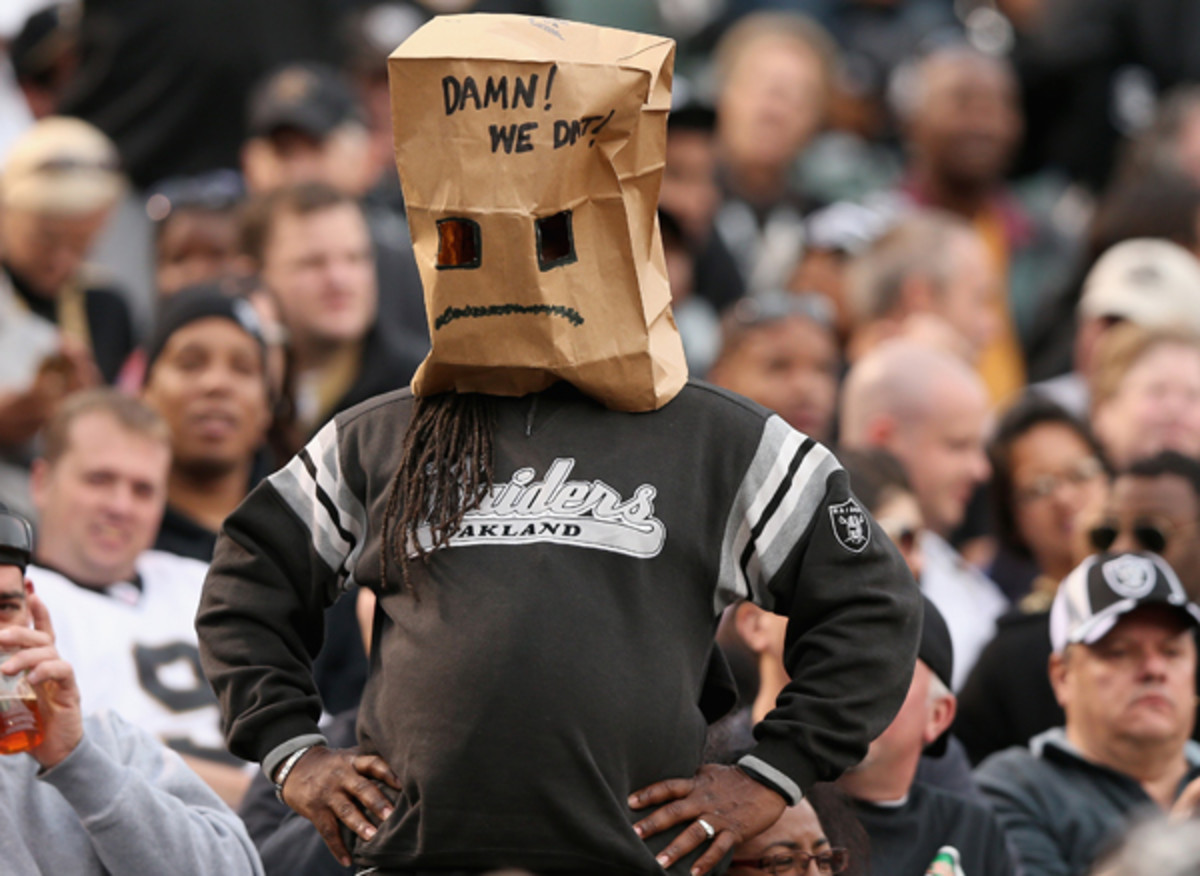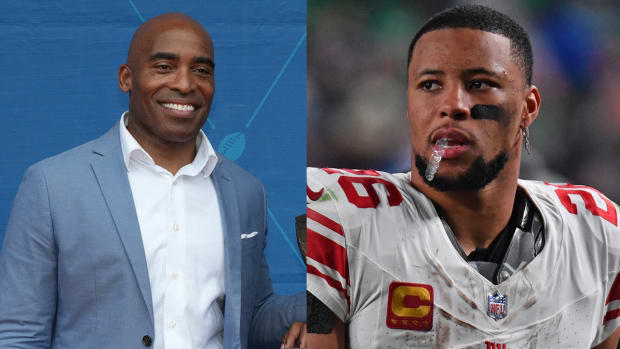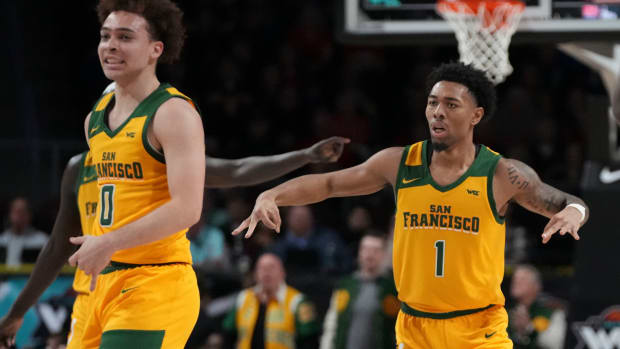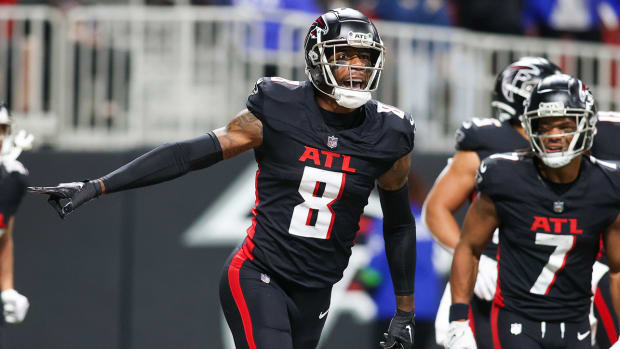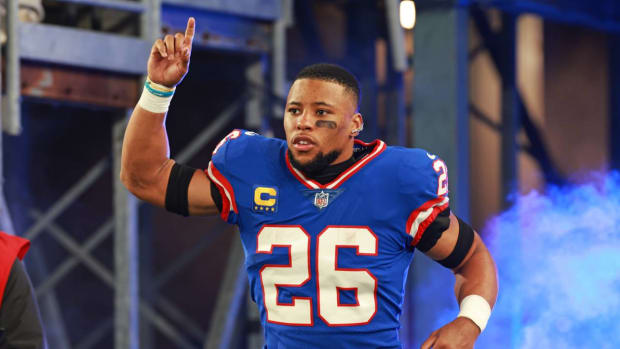Research Suggests That Being a Fan of a Bad NFL Team Is Making You Fat
Ezra Shaw/Getty Images
As if wearing an adult-sized replica jersey, yelling at the TV, and paying extortionary sums for personal seat licenses weren't evidence enough, science has come along and confirmed what everyone already knew: Football makes fans do stupid things. Or, as it were, eat stupid things. This is according to professor Pierre Chandon and PhD candidate Yann Cornil of INSEAD Business School, who recently published a study in Psychological Science detailing how losses drive disconsolate fans into the arms of saturated fats.
For their research, the duo charted—over the course of two 14-day periods spaced one year apart—the saturated fat and caloric consumption on Sunday through Tuesday of 726 participants who lived in major cities. The subjects were organized into four groups: People whose city's team won / lost / didn't play on a given Sunday, and also people who live in an area without a team. (To simplify, and not because it's funny, the Jets and Raiders were disregarded in NY and the Bay Area, respectively.) In all, the timeframe of the study spanned 475 NFL games from the 2004-5 seasons—it didn't count any non-Sunday or holiday-time games—and yielded these results:
Highlights include:
- Consumption was relatively constant on Sundays and Tuesdays. The researchers hypothesized that this was the case on Sundays because many games concluded after dinnertime.
- The fact that saturated fat consumption varied more dramatically than caloric intake seems to suggest that people don't eat more when their team loses; they just eat worse.
- In the eight cities the researchers cite as having the most passionate fanbases—Green Bay, Philadelphia, Denver, Pittsburgh, Washington DC, Chicago, Nashville, and New York, based in part on a 2008 ESPN ranking—saturated fat consumption went up 28% following losses (versus just 9% in the other 22 cities) and down 16% following wins (versus 4% elsewhere). We'll pause here for everyone to wrap their head around those figures, and maybe eat something.
- Blowout wins yielded a bigger decline in saturated fat and caloric consumption than close victories; narrow losses were followed by a larger gain in both categories.
- There were no major differences observed between men and women.
So should Jaguars fans just resign themselves to their nature and go queue up at the nearest Outback Steakhouse? Not necessarily (though, sure, if they want.) As Cornil and Chandon later wrote:
“Even if you are rooting for a perennial loser, there is a solution if you are concerned about healthy eating: After a defeat, write down what is really important to you in life. In our studies, this simple technique, called ‘self affirmation,’ completely eliminated the effects of defeats.”
Which is a good thing to know, particularly if your allegiance to Blaine Gabbert & Co. is
having a negative impact on your career
.
